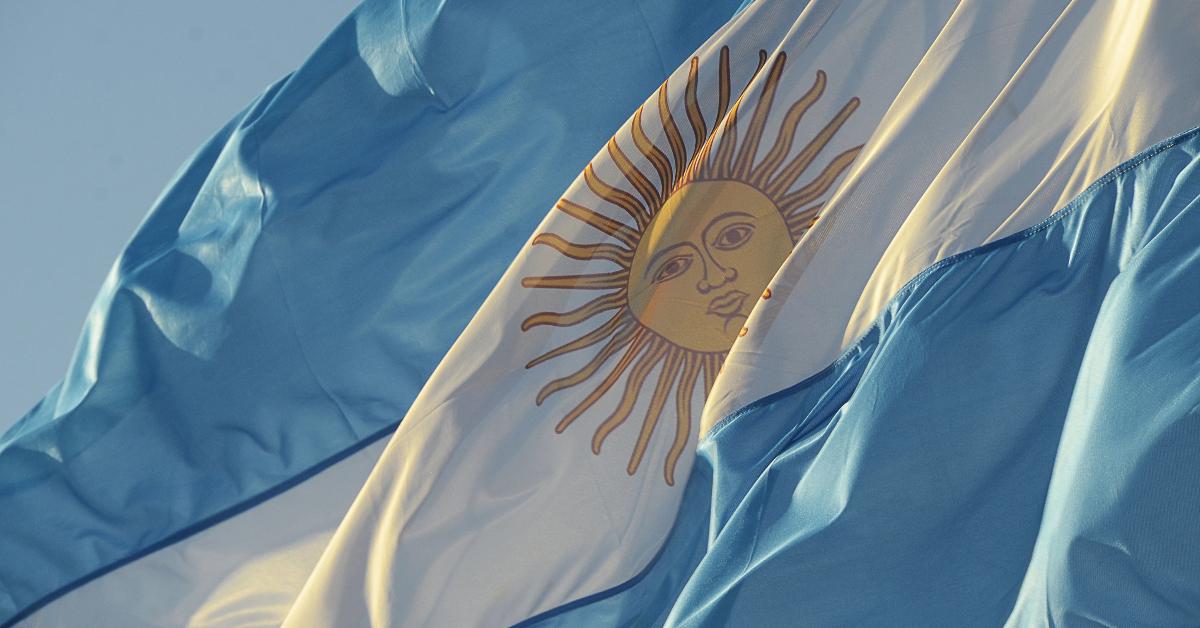
In Argentina, the libertarian presidential candidate Javier Milei made headlines when he came in first in the primary on August 13. His economic program calls for a strong reduction in government spending and the role of government in general and would, if implemented, greatly improve the conditions of economic life in Argentina.
There is, however, one weak point—namely, his proposed monetary reform. Faced with high inflation rates and a depreciating peso, Milei proposes to dollarize the Argentinian economy. The details are not clear, but the idea is to swap pesos for dollars at the market rate (effectively making pesos claims on dollars) before finally abolishing the Argentinian peso.
All contracts, assets, and demand deposits would from then on be denominated in dollars, converted from pesos at whatever the rate was when the reform took effect. Argentinian economist Emilio Ocampo and the noted Austrian school economist Nicolás Cachanosky have authored one possible plan for dollarization. Milei has also suggested that other currencies could circulate freely in Argentina, implying that neither the peso nor the dollar would be the legal tender.
The Problems of Dollarization
To be clear, given Argentina’s situation, dollarization is very likely to be an improvement. Argentina suffers from high inflation, but this inflation is not from an act of God. Milei himself clearly understands that the culprit is the Argentinian central bank. Destroy the central bank, and the problem of inflation is over. As Milei says, dollarization is simply a means to an end. Rather than having the high rates of inflation produced by the central bank of Argentina, the country would import the lower rates produced by the United States Federal Reserve.
If the main goal is to prevent the Argentinian state from despoiling its citizens through control over money, then Milei’s plan works—albeit by giving this power to the issuers of US dollars instead. While fiscal discipline will be imposed in Buenos Aires, the plan extends the possibilities of seigniorage in the dollar system. The imported US inflation, which may not be as bad as Argentinian inflation, is still bad.
In fact, since it is clear that the Argentinian problem is a central bank that monetizes government debt—that is, it prints new pesos to fund the government—then dollarization is really superfluous. Once the central bank is abolished, have we not already achieved the desired goal?
A Simple Monetary Reform for Argentina (and Everywhere Else)
The simplest reform possible—one that could be implemented immediately—is to simply destroy the central bank by eliminating its role in issuing new units of money in whatever form—physical, digital, or as new reserves. There would no longer be an increase in the supply of money, and this would immediately solve the inflation crisis, since the cause and essence of inflation is an increase in the supply of money.
A second step in this simple reform would then be to abolish all legal tender laws and all provisions that would favor one currency over another. While the peso would then probably continue to circulate, its key offending characteristics—monopoly control over the issue as well as its forced use—would be gone. Dollarization adds nothing to this state of affairs.
A possible objection is that a later government could simply reimpose legal tender laws if the peso still circulates, returning the country to a fiat regime. This is true, but the same applies in the case of dollarization. After all, Zimbabwe dollarized in 2009 and then dedollarized in 2019. A more ambitious reform is more likely needed to prevent the reintroduction of fiat money.
An Ambitious Monetary Reform for Argentina (and Everywhere Else)
Rather than looking only at the issue of paper or base money (i.e., money whose issue is directly controlled by the central bank), a more ambitious reform would aim at reforming the banking system as well. The central bank is not the only creator of money—banks also create money within the modern system of fractional reserve banking. These banks, too, earn seigniorage from the creation of money ex nihilo, and they too destabilize the economic system. Besides paper money in the narrow sense, fiduciary media—bank-issued money in excess of bank reserves—should also be eliminated.
This ambitious reform is only slightly more complicated than the simple reform. The outstanding issue of fiduciary media is first frozen, along with the normal operations of the central bank. However, the banks are then supplied with paper money to back all outstanding fiduciary media. This will not increase the money supply but simply convert the fiduciary issue into fully backed money certificates. Once this has been done—the technicalities of printing the notes may take some time—the central bank will close its door.
What to do with its remaining assets is a secondary question. One option would be to let its creditors seize control of the assets; another option would be to use them to back the peso with gold. As in the simple reform, the peso would lose legal tender status and any other privileges, turning the monetary system into one of competing currencies. However, it might be desirable to convert the peso into a commodity money to put more obstacles in the path of reintroducing fiat money.
The final plank in reforming the banking system would be a return to traditional legal principles. It should be required that banking contracts clearly specify to whom the sum of money is available, (i.e., whether the sum in question is a loan or a deposit). This would eliminate the possibility of fiduciary media reemerging, since what enables fractional reserve banking is confusion over who has control of the money in banking contracts.
The Goal of Monetary Reform
Such simple reforms accord with the goal of a just and harmonious economic and monetary order: removing money from the control of government and ending fiat money in all its forms by eliminating the special privileges accorded to banks. While the technicalities may differ from country to country, there is nothing standing in the way of implementing these reforms except a lack of political will. Javier Milei’s proposed reform in Argentina goes a long way toward this goal, but dollarization is a step backward.





